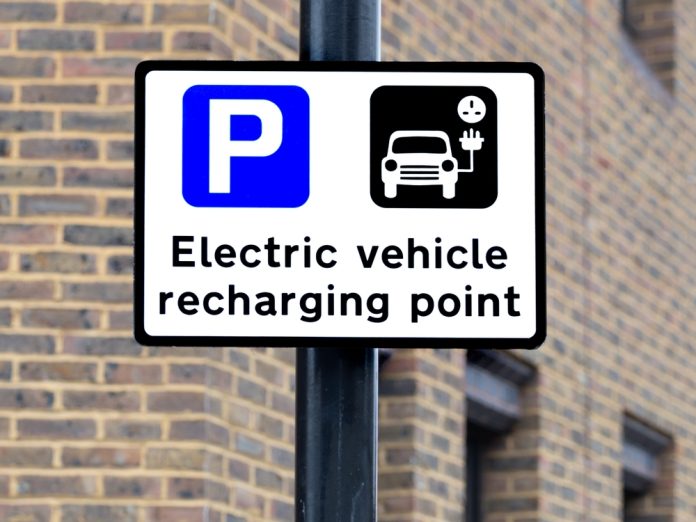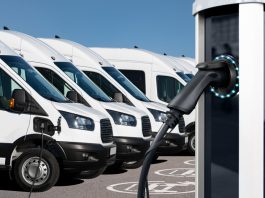The UK’s electric vehicle (EV) charging infrastructure has hit a significant milestone, with the number of public charge points surpassing 75,000.
According to the latest data from Zapmap, as of the end of February 2025, there are 75,675 public EV charge points across the country.
This represents an impressive 32% year-on-year increase from February 2024, when the total stood at 57,290.
Melanie Shufflebotham, Co-founder & COO at Zapmap, said: “Having 75,000 public charge points available across the different charging use cases is a significant milestone for the UK EV market.
“An extensive network of public charging, especially high visibility hubs, helps drive confidence for the next wave of drivers who will be making the switch to electric over the next few years.
“As the infrastructure continues to grow, Zapmap’s focus is to make sure that EV drivers have access to the best up-to-date information so they can find and pay for public charging with confidence.”
Ultra-rapid charging leads the charge
Among the fastest-growing segments of the EV charging network, high-powered ultra-rapid charge points (150kW+) have experienced the most significant expansion.
These chargers enable EV drivers to recharge their vehicles in a matter of minutes rather than hours, making long-distance travel more convenient.
The installation of ultra-rapid charge points has increased by an astounding 74% over the past year.
One notable addition is the 75,000th charge point, operated by Ionity, located at the Village Hotel in Bristol.
The site features eight ultra-rapid and four rapid chargers, capable of delivering up to 350kW of power.
Positioned near key motorways, including the M4, M5, and M32, this location provides a strategic charging hub for EV drivers on long journeys.
Growth across all charging use cases
While ultra-rapid charge points have led the way, the expansion of public charging infrastructure has been widespread across various charging scenarios.
The increase in EV charge points includes:
- En-route charging hubs along major travel corridors to support long-distance EV travel.
- Destination charging at hotels, leisure centres, and retail locations, making it easier for drivers to charge while engaging in daily activities.
- Residential on-street charging, particularly vital for those without access to home charging solutions.
With such diverse expansion, the UK is steadily addressing range anxiety and making EV adoption more practical for all drivers.
The future of EV charging in the UK
The UK Government’s commitment to zero-emission vehicle (ZEV) regulations and infrastructure investment suggests that the rapid growth of EV charge points will continue.
The Local Electric Vehicle Infrastructure (LEVI) fund is set to play a crucial role in boosting the number of on-street chargers, with further support from private sector investments.
Additionally, charge point operators are prioritising reliability and simplified payment systems, improving the overall user experience for EV drivers.
The importance of accessible EV charging infrastructure
Expanding and improving the accessibility of EV charge points is critical to the widespread adoption of electric vehicles.
A well-distributed and reliable charging network ensures that drivers from all backgrounds, including those without private driveways, can transition to EVs with confidence.
Better accessibility contributes to:
- Reduced reliance on fossil fuels, supporting the UK’s net zero targets.
- Greater adoption of EVs among urban residents who rely on public charging.
- Increased consumer confidence, encouraging more people to switch to electric.
- Enhanced economic growth, as new charging hubs create jobs and attract investment.
As the UK pushes toward a greener future, ensuring that EV charge points are accessible, convenient, and reliable will be key to sustaining the momentum of electric vehicle adoption. With government and private sector support, the future of EV infrastructure looks promising.









